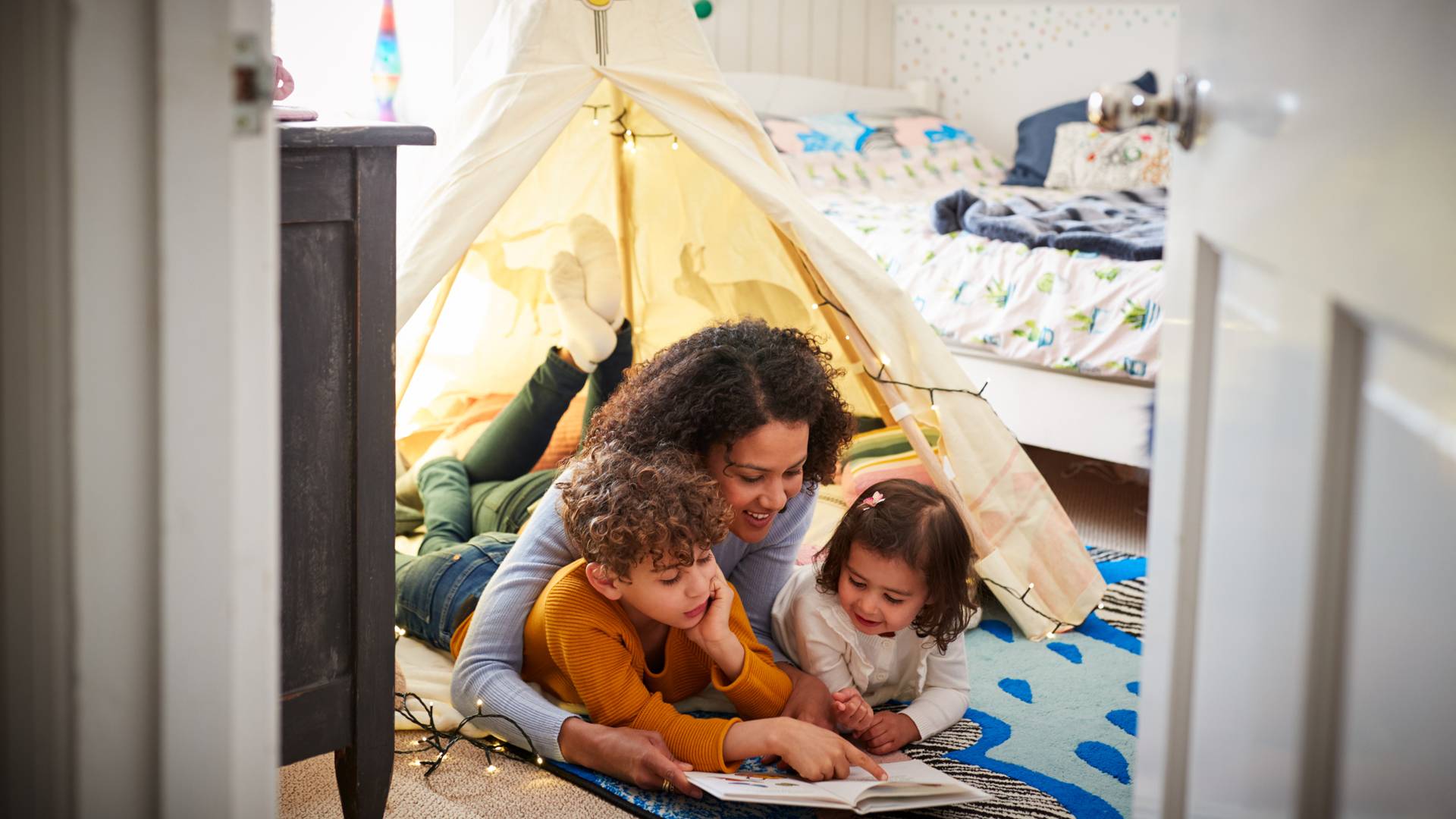Attorneys often get questions about domestic violence and divorce. If you’re considering a divorce in central-Florida and one spouse has been accused or convicted of domestic violence, you may wondering how that will effect the divorce proceedings.
Technically, Florida has abolished the distinction between “Fault” and “No Fault” divorce. Nonetheless, accusations and convictions of domestic violence charges may influence the court’s decision. Typically these charges will have the most profound impact on child custody decisions; but they may also effect decisions about property divisions and alimony awards.
How Domestic Violence Affects Child Custody: The Best Interests of the Child
For parents seeking a divorce where one spouse has been convicted of domestic violence, child custody and visitation arrangements are often a top concern. When Florida courts make child custody decisions, their primary concern is supporting the best interests of the child. Florida family court judges start with the presumption that parents should share custody equally. But if there is evidence that shared parenting would negatively affect the child, the judge has wide latitude to make arrangements that will best serve the child.
If one parent has been convicted of domestic violence, the court will presume that it would be detrimental to the child to give that parent custody. The burden is on the parent with the domestic violence conviction to show that he or she should share custody and visitation with the other parent.
To arrive at a child custody decision, Florida family court judges consider a number of factors, including:
- Each parent’s relationship with the child
- The parents’ current division of responsibilities with regard to the child
- The parent’s parenting abilities
- The child’s current living environment
- The parents’ moral fitness and character
- The parents’ physical and mental health
- The child’s home, school, and community
- The child’s preference
- The parents’ knowledge of the child’s friends, teachers, medical care providers, activities, and favorite things
- Each parent’s ability to discipline and provide daily schedules for homework, meals, and bedtime
- Each parent’s willingness to communicate with the other about the child’s activities and other issues
- The parents’ issues with drugs or alcohol
- Any evidence of domestic violence, sexual violence, child abuse, child abandonment, or child neglect
- False information given by either parent about domestic violence, sexual violence, child abuse, child abandonment, or child neglect, and
- Any other factors that affect the child’s well-being.
At the beginning of any Florida divorce proceeding that involves children, each side must tell the judge about any instances of domestic violence, even if there was no conviction.
If one parent has been convicted of domestic violence, the court will hold a hearing to decide whether that parent should have any contact with the child. Before the judge will allow visitation or grant custody, the judge must be convinced that the child’s safety, well-being, and physical, mental, and emotional health will be not be jeopardized.
Florida judges consider two aspects of child custody: “legal custody” which refers to which parent will make medical, educational, religious, and other major decisions for the child; and “physical custody” which refers to the child’s living and visitation arrangements with each parent. Physical custody can be paired with either joint or sole legal custody.
Florida also offers a unique custodial agreement known as rotating physical custody, in which physical and legal custody rotate between each parent. The goal is for each parent to spend a total of 6 months per year as the custodial parent.
If the judge decides that it is in the best interest of the child to have contact with the parent who was convicted of domestic violence, the judge has the discretion to make visitation arrangements that will protect the child from any further harm. This may include supervised visitation, where a trained supervisor will oversee visitation between the child and the parent who was convicted of domestic violence. The judge may order the convicted parent to pay all costs associated with the supervised visitation.
The Effects of Domestic Violence on Property Division and Alimony
Florida judges are tasked with dividing marital assets “equitably.” This means that spousal support awards will address financial discrepancies between the divorcing couple, and that property divisions might not necessarily be equal. While a Florida domestic relations judge might not necessarily take into account one party’s conviction for domestic violence when dividing property, the judge might make allowances for secondary effects of the domestic violence, such as lingering injuries, career disruptions, or financial losses.
Questions About How a Domestic Violence Conviction Will Affect Your Divorce? Contact The Law Office of Jody L. Fisher Today
If you have questions about how a domestic violence charge or conviction will affect your divorce proceedings, contact the Law Office of Jody L. Fisher today. My team of domestic relations professionals will be happy to schedule a consultation. Call (352) 503-4111, email, or complete our online information form.

